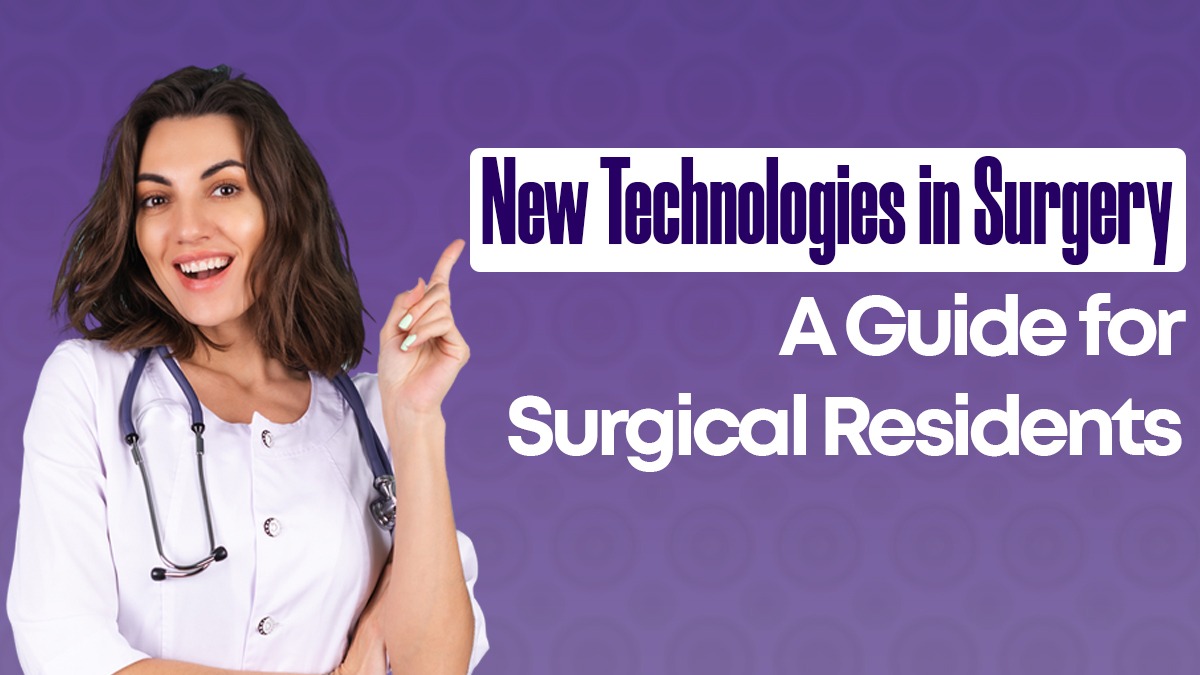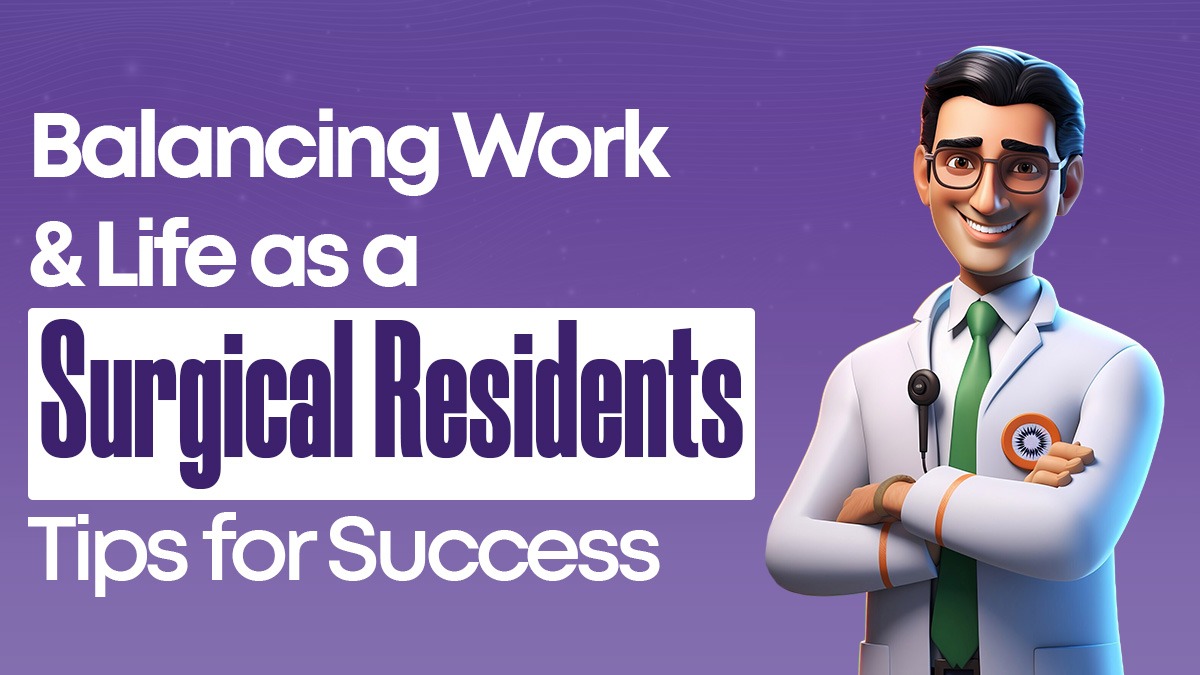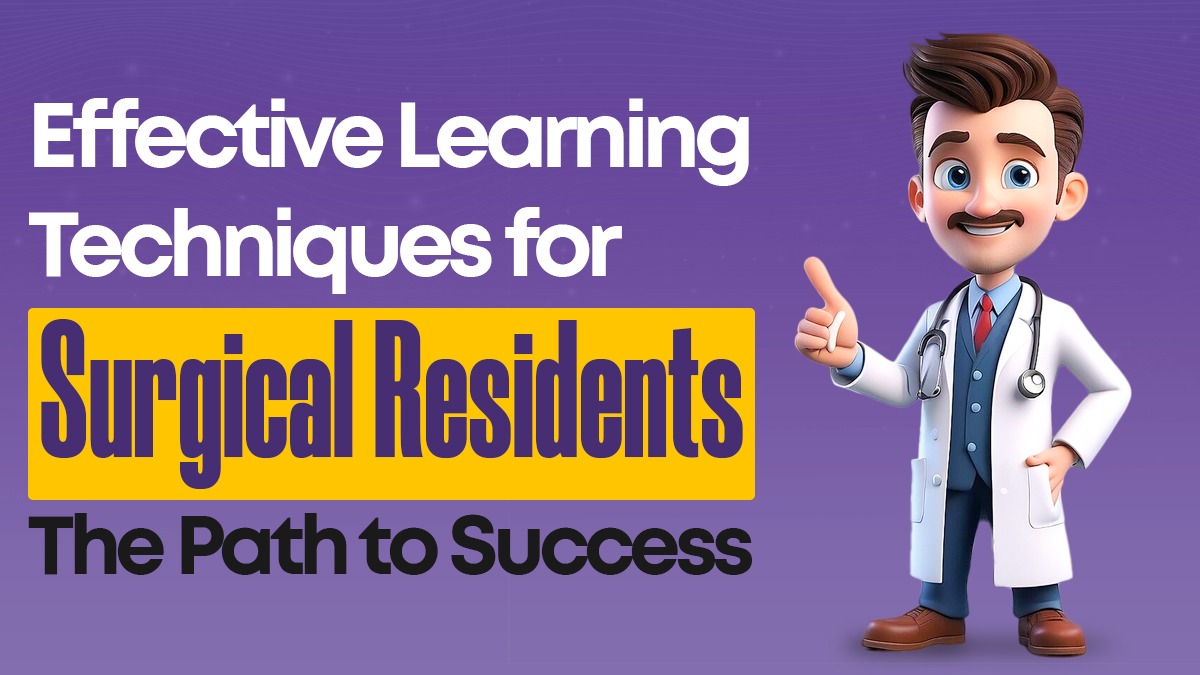Estimated reading time: 4 minutes
Completing a surgical residency is a great milestone. But what Next? Should you go into further specialization through a fellowship or do research with a scholarship? Both are very different from each other and both have advantages and disadvantages, and the decision would depend on your career objectives, interests, and priorities. Let’s read this blog to get more clarity.
The Fellowship Path: Specializing for Precision
A fellowship is the next obvious step for surgeons as they always want to specialise in a particular practice area. The fellowship period allows advanced training that focuses on some specific areas. A fellowship provides advanced training in a surgical subspecialty, such as:
- Cardiothoracic Surgery
- Surgical Oncology
- Trauma and Critical Care
- Transplant Surgery
- Pediatric Surgery
Why Choose a Fellowship?
- Mastery of a Subspecialty: Fellowship provides intensive training, which helps you become an expert in the chosen field. Such expertise differentiates you from others in the job market, which is otherwise competitive.
- Higher Earning Potential: Specialists tend to be paid more than general surgeons, which means a fellowship would be a long-term investment for better pay.
- Job Market Demand: The need for specialized care by the healthcare industry necessitates an increasing number of highly advanced surgeons.
- Academic and Leadership Opportunities: Fellowships typically pave the way to academic jobs, research experience, and medical facility leadership opportunities.
Challenges to Consider:
- Extended Training: Fellowships usually take 1 and 3 years, making your training more time-consuming.
- Heavy Workload: The intense schedule and challenging cases can be challenging.
The Scholarship Path:
A scholarship is best suited for surgeons interested in academic medicine and innovation. Research areas include clinical trials, surgical innovations, and healthcare policies.
Advantages of a Scholarship:
- Research Expertise: A scholarship provides the opportunity to get into research, potentially contributing to breakthrough discoveries in medicine.
- Academic career advancement: Helping you on your way to becoming a professor, a department head, or even a thought leader in surgery.
- Influence Beyond the OR: These research-oriented careers entail the formulation of surgical practices, policies, and innovations in the community, hence it increases your impact.
- Global Recognition: You and your research will be published; international conferences, ideas, and projects will get you that professional recognition you need.
Disadvantages of having a Scholarship:
- Limited Clinical Practice: Research-oriented positions may involve taking a step back from the operating room.
- Lower Immediate Financial Returns: Compared to a fellowship, scholarships do not necessarily translate into immediate financial payback, especially if your interest is in academia.
- Competitive Grants: Funding for research can be very competitive and time-consuming.
Making the Choice: Key Factors to Consider
- Career Goals: Do you have a passion for patient care and clinical practice? Then fellowship is the way to go. If you are interested in innovation and academic contributions, then a scholarship would be the better choice.
- Work-Life Balance: Fellowships are often very long hours in the OR, whereas research can be more predictable.
- Financial Priorities: If financial independence and higher earnings are your goals, a fellowship might provide quicker rewards. Scholarships can offer long-term gains but may involve initial sacrifices.
- Personal Interests: Do you love the precision and focus of surgery, or are you fascinated by the broader challenges and discoveries in medicine?
Conclusion: Align with Your Passion
Both fellowships and scholarships are transformative, offering unique opportunities to grow. The key is self-reflection—understand your priorities and seek guidance from mentors. Whether you choose the precision of surgery or the innovation of research, both paths lead to impactful careers in medicine.
Remember, there’s no wrong choice—only the one that aligns with your ambitions. Choose wisely, and shape your legacy in the world of surgery.






